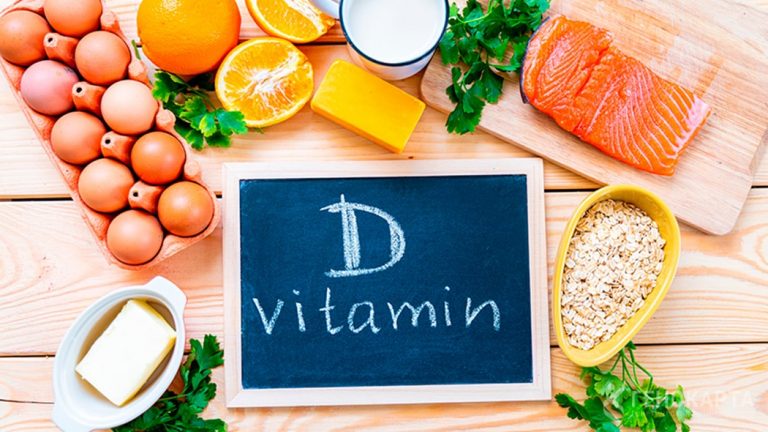Vitamin D is one of the fat-soluble vitamins and is also called the sun vitamin, because the body synthesizes it when exposed to ultraviolet sunlight, and sunlight is the most important factor in the manufacture of vitamin D in the body through the skin. We will learn about the types of vitamin D, its sources, appropriate doses, and the normal range of vitamin D in the body.
Benefits of Vitamin D
There are many benefits of vitamin D, but do you know what are the benefits of vitamin D for the body? And why do we need it? Here are the details:
1 Promote bone health
Vitamin D plays a role in regulating calcium and maintaining phosphorus levels in the blood, which are necessary and important minerals for bone health, the body needs vitamin D in order to absorb calcium, so a lack of its levels would cause rickets in children and osteoporosis in adults.
2 Reduce the risk of influenza
Vitamin D plays a good role in fighting the flu during the winter, as it has been found that getting 1,200 IU of vitamin D a day in the winter may reduce the risk of influenza by about 40%.
3 Protection against diabetes
There is a relationship between vitamin D and type II diabetes, meaning that getting and maintaining appropriate levels of vitamin D will protect you and reduce your risk of diabetes, and in contrast, low vitamin D levels in diabetics will negatively affect insulin secretion and glucose tolerance.
4 Keeping infants healthy
It is essential that babies get the right levels of vitamin D in order to protect them from asthma, eczema and many different infections.
5 Benefits of Vitamin D for a Healthy Pregnancy
Low vitamin D level in pregnant women increases their risk of preeclampsia, caesarean section, and gestational diabetes, and it is necessary to ensure that the level of vitamin D does not exceed the required limit in pregnant women, as it may pose a risk to pregnancy health as well.
6 Reduce the risk of cancer
Vitamin D is important in regulating the growth and communication of the body’s cells, meaning that proper levels of vitamin D have an impact on lowering the risk of cancer.
Sources of Vitamin D

As we mentioned, the sun is the main source of vitamin D, as for food, its sources are:
Cod liver oil.
Swordfish.
Salmon.
Sardines.
Eggs.
Milk.
Excess vitamin D in the body
Taking vitamin D as a dietary supplement in high doses may lead to high levels in the body and the occurrence of vitamin D toxicity, although this is rare, but it is dangerous, and leads to an increase in calcium in the blood and its accumulation in the body, and the appearance of the following symptoms:
Lack of concentration.
Inactivity.
Vertigo.
Depression.
Vomiting.
Constipation.
Hypertension.
Bone loss.
Kidney damage.
read more about benefits of vitamin K .
